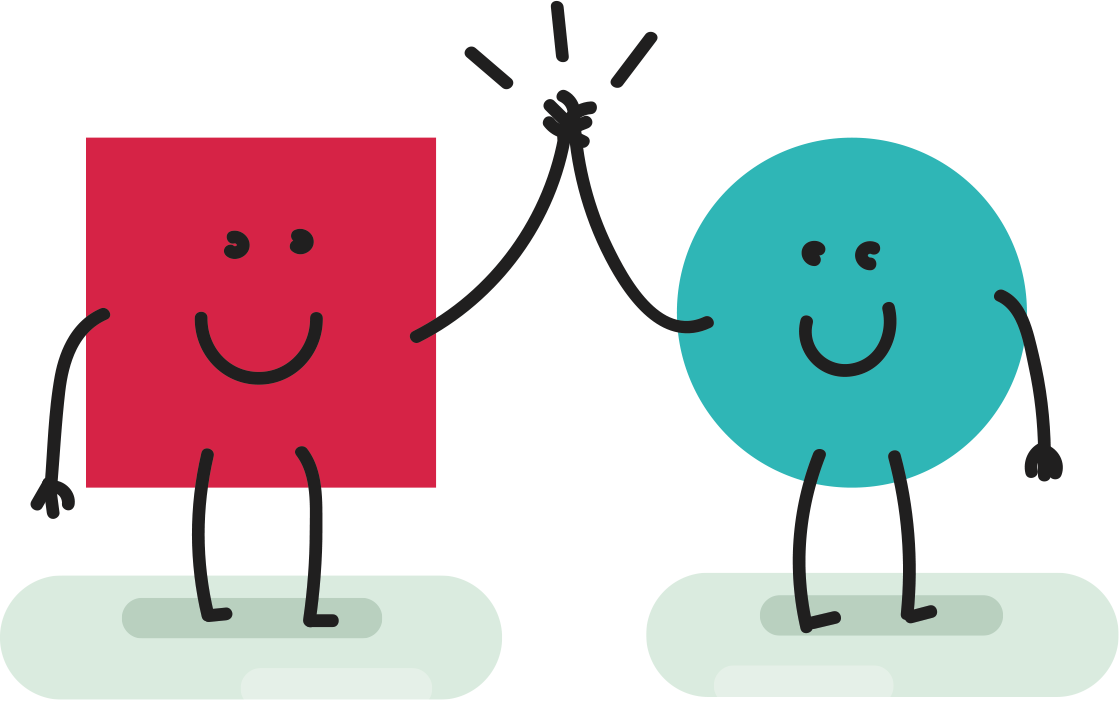

Social communication difficulties can include difficulties communicating verbally, non-verbally and in written form. Children and young people with social communication difficulties find using language in a socially appropriate manner and understanding the meaning of social situations challenging.
Children and young people with isolated social communication difficulties have age-appropriate word pronunciation and sentence construction, yet they may find it difficult to maintain conversations. Social communication difficulties can impact individuals to different degrees, some common symptoms may include:
Social skills are compromised for children and young people with social communication difficulties - they can find it difficult to make, maintain and understand friendships, including the rules of friendships and dealing with conflict. Social communication difficulties can impact on academic achievement. These difficulties can lead to individuals becoming frustrated, which result in behavioural issues and impact on self esteem.
ASC is a developmental condition and can be summarised by difficulties in three areas:
Autism is a lifelong, developmental disability that affects how a person communicates with and relates to other people, and how they experience the world around them.
The three main areas can be referred to in a number of different ways, which is why you may see ‘repetitive behaviours’ as one of the three areas, when it can be associated with inflexibility of thought and behaviour. ASC can appear in many different forms, and it is often communication and emotional reactions which lead parents, carers or professionals to seek an assessment for ASC in order to understand the child or young person’s needs more clearly.
Social communication difficulties are assessed when symptoms have been present since early childhood (under 5). Assessments can happen in a variety of settings and may take the form of an observation, an interview with adults (parents, carers or teachers), a questionnaire or a standardised assessment to assess communication and language skills.
ASC can be assessed in a number of ways. A formal diagnosis of ASC requires the ruling out of a medical cause in addition to an analysis of a child or young person’s background, observations, interviews with the child, young person and appropriate adults, and the completion of the autism diagnostic observation schedule (ADOS) alongside other questionnaires. When assessing to identify needs and functioning rather than to diagnose, assessments may be chosen in relation to the areas of most concern or of least understanding. Increasing understanding of needs and functioning means that appropriate support can be put in place. A number of indicators for ASC can be very similar to those of social communication difficulties which is why it is important that an assessment for ASC is carried out by a multidisciplinary team. Our multidisciplinary team includes clinical psychologists, educational psychologists, speech and language therapists and occupational therapists.
The specific assessments used will be chosen according to the developmental age and circumstances of a child or young person. Assessments we often use are:
Observations are also very important when assessing social communication difficulties and ASC. There are other assessments which may be used during an assessment for ASC traits or behaviours, if these are predicted beforehand then they will be mentioned during the Initial Discussion.
After an assessment for social communication difficulties or ASC we will briefly discuss with you possible future steps. It may be that you have a better understanding of needs and would like to put interventions in place or commence on a diagnosis pathway.
Our psychologists provide and support a broad range of interventions for social communication difficulties and ASC. Interventions will be recommended based on identified needs and may include:
To find out more about our interventions, please contact us and talk to a member of our team.
Social communication difficulties have an impact on a child or young person’s social interaction to varying degrees which may lead to poor emotional wellbeing. Accurately assessing needs means that they can be addressed in an appropriate way which can reduce future difficulties in relation to emotional wellbeing and communication. If you are unsure which assessment you require then you can book an initial discussion to assist in making a decision based on background information provided by you. To discuss any queries or to book please contact us now.
Arrange an Initial Discussion to find out how we can help. The initial discussion lasts 1-1.5 hours, comes with a written recommendation summary and is a starting point to identify needs. The cost is £260.
only
£260








Once again thank you for all your help and for actually listening to me when others wouldn’t.

Jodie (Parent)
Thank you Julie once again for the excellent report, it captured the child’s needs entirely - SENDIASS, parents and me commented on how well written it was. Many thanks for your continued assistance.

SENCO
Sarah Ward was brilliant with us. Really happy with the help and support, would recommend.

Joanne (Parent)
I think the work you have been doing has been great to help break the stigma of mental health and as a fellow sufferer I know how important that is.

Mental health professional
Many thanks for Sarah W’s hard work with our students which has been very well received.

Deputy Head
Really enjoyed it and learnt lots that I can take back to school. Thank you for the quality experience.

Sarah Tindal
Thank you Julie once again for the excellent report, it captured the child’s needs entirely - SENDIASS, parents and me commented on how well written it was. Many thanks for your continued assistance.

SENCO

We provide bespoke solutions to suit all budgets and requirements for children and young people aged 0-25 in homes, education settings and the community. Our clinical, educational and child psychology services are cost effective.
To make a referral and arrange an initial discussion please complete our referral form.

Ready to get started? The next step is to speak to our team to find out more about the services we provide and how we can help. Call us on 0161 820 9229 or email office@hsrpsychology.co.uk